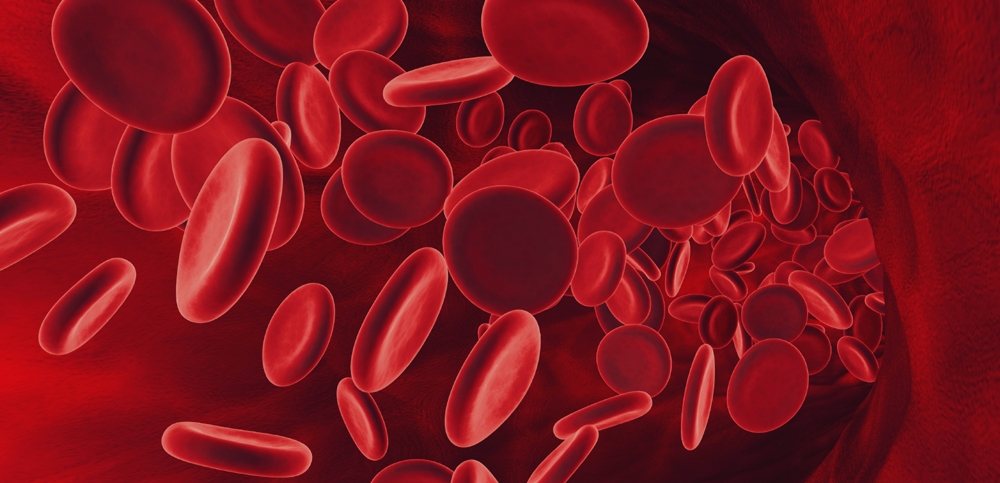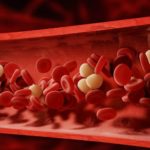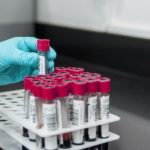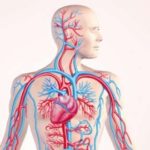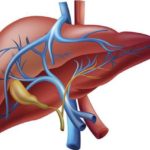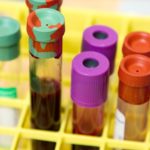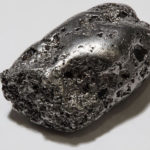10 Facts about Anemia – Interesting and Useful Facts
A decrease in the level of red blood cells in the blood is known as anemia. Because of this, the transfer of oxygen to the tissues is disrupted and this can lead to serious consequences. So lets’ check these 10 interesting facts about anemia and learn more about it.
10 Facts about Anemia
- The hemoglobin levels which are diagnostic for anemia are less than 13.0 g/dl (grams per deciliter) for adult men and below 12.0 g/dl for adult women.
- Anemia literally means “without blood” and has been derived from the Greek language. Anemia actually refers to the disorder where the body suffers from a deficiency of hemoglobin i.e. the part of the red blood cells which transfer oxygen to different parts of the body.
- Developing Anemia is a slow process and may not be visible immediately. But most common symptoms are fatigue, pale skin, chest pain, dizziness, and headache.
- Another fact – anemia can occur in any of the different forms like excessive blood loss i.e. hemorrhage acute blood cell destruction or inadequacy in red blood cell production.
- Iron deficiency anemia is one of the most common types of anemia and is caused by the absence of adequate levels of iron in the body. This leads to reduced levels of red blood cells in the body.
- Megaloblastic anemia is the type of anemia that occurs due to the limited availability of folic acid or vitamin B-12 to the body.
- Aplastic anemia is a most uncommon type of anemia and is due to the inadequacy of the body to make enough red blood cells. It also affects the white blood cells.
- Pregnant women can be especially anemic if a regular dose of iron is not taken as the loss of iron during this period is more than during normal times or even during menstruation.
- Anemia can be prevented to a great extent by consuming iron-rich food or food which helps us to absorb iron into our bodies.
- Anemia can be treated and the course will depend on the seriousness and cause of the disease. It can be treated with any of the options like blood transfusions, medicines, or a bone marrow transplant.
Hope these 10 facts about anemia were useful!
